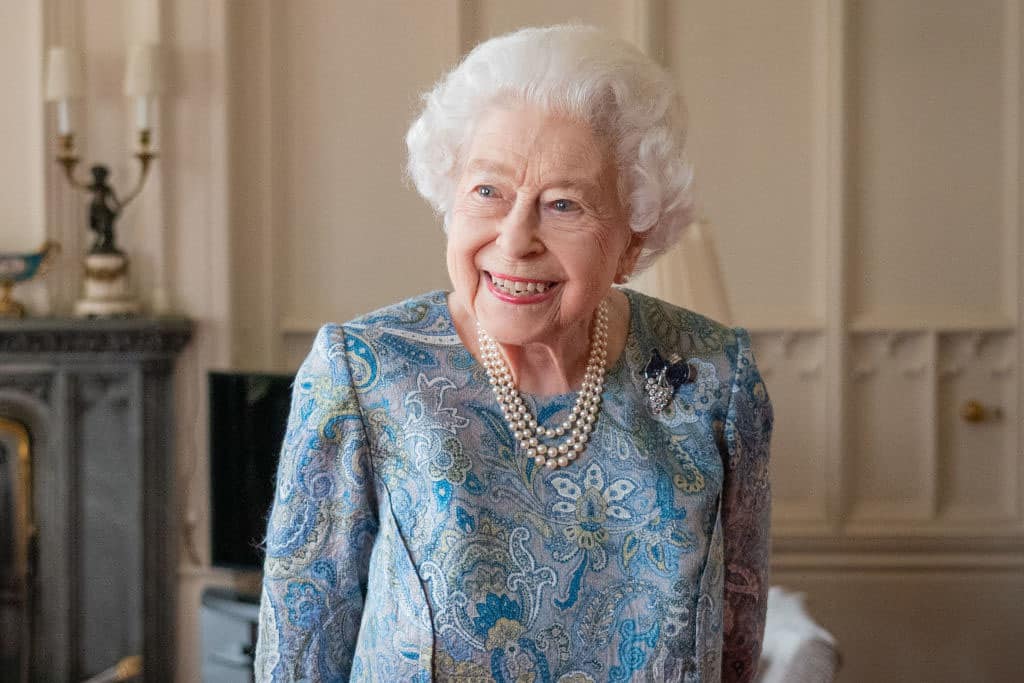
In June 1953, when Queen Elizabeth II ascended to the throne of England, gas was 20 cents a gallon and the average home rental was $80. A third of U.S. homes still didn’t own a phone.
But while the world underwent seismic changes during the nearly 70 years of her reign, besides aging she hardly changed a thing. The queen’s affinity for stability is the main theme of the many tributes pouring in after her passing on Sept. 8 at the age of 96.
Her death is a major news event because of her record longevity and her larger than life global presence. She was also widely beloved.
What stands out for me, though, is what the Queen stood for during her seven decades on the throne, and how it contrasted so sharply with the world around her.
It’s hard to think of a 70-year period in all of history that has seen more technological change than between 1952 and 2022. We now hold more information in our smart phones than those huge IBM mainframe computers from the 1950s that would take up a mini-warehouse.
In a world obsessed with upgrading, the Queen was an icon of conserving.
She reminds me of great artists who saw virtually no technological change during their productive lives. Shakespeare’s quill, ink and paper didn’t change much from his first masterpiece to his last. Picasso’s brushes, paints and canvasses saw few upgrades during the eight decades of his prolific output.
The Queen reminded us that while progress is a wonderful thing, some things in life require no upgrades. Creativity and drive are independent of technological progress. Good character traits last forever.
The Queen’s decency, grace and other character traits lasted her whole life, unchanged and unblemished. She was not above adapting to social change, however. As the BBC reports, her reign would “see great change, with the end of the British Empire overseas and the swinging ’60s sweeping away social norms at home.”
In the face of such change, “Elizabeth reformed the monarchy for this less deferential age, engaging with the public through walkabouts, royal visits and attendance at public events.”
But her commitment to the Commonwealth, the BBC adds, “was a constant.”
That’s what the Queen represented for so many and for so long: a constant.
As societal and technological change are sure to accelerate, her legacy will be to remind us that some of the best things in life never change.


































 More news and opinions than at a Shabbat dinner, right in your inbox.
More news and opinions than at a Shabbat dinner, right in your inbox.